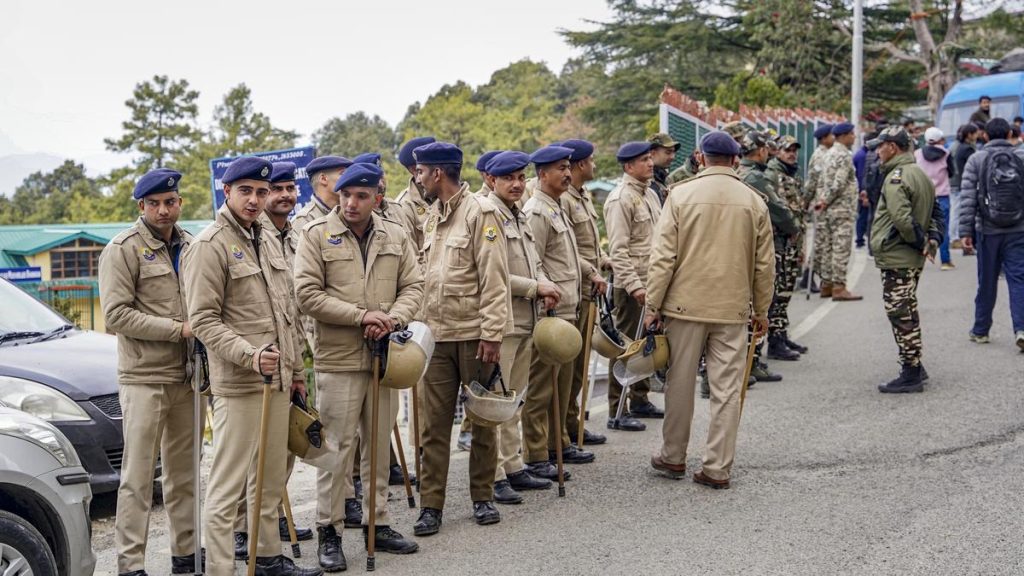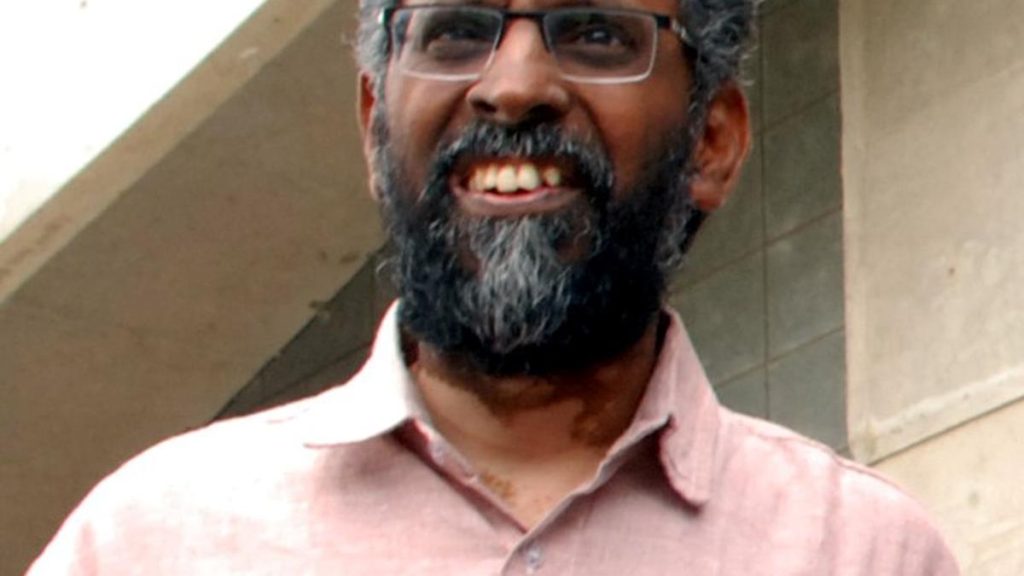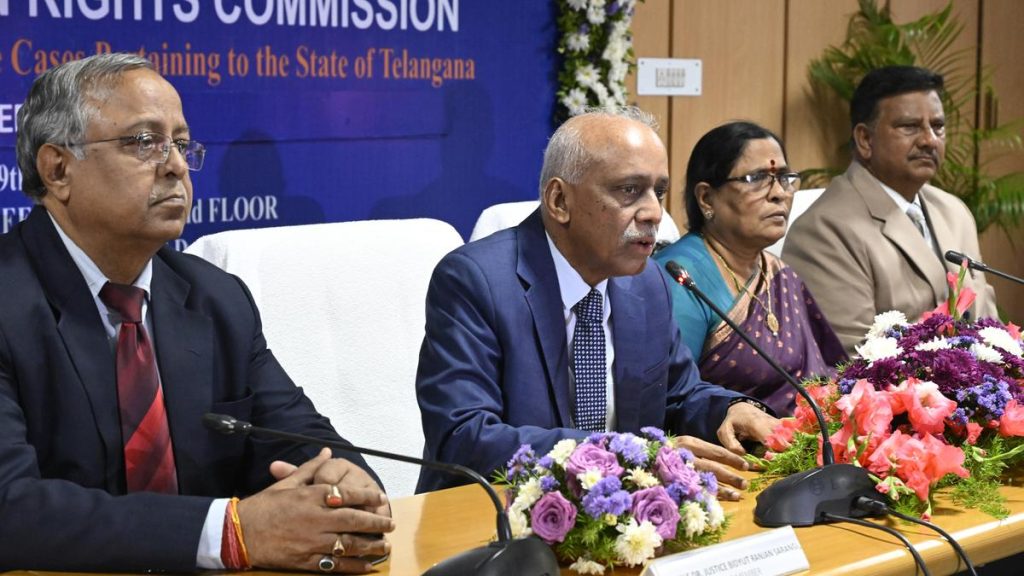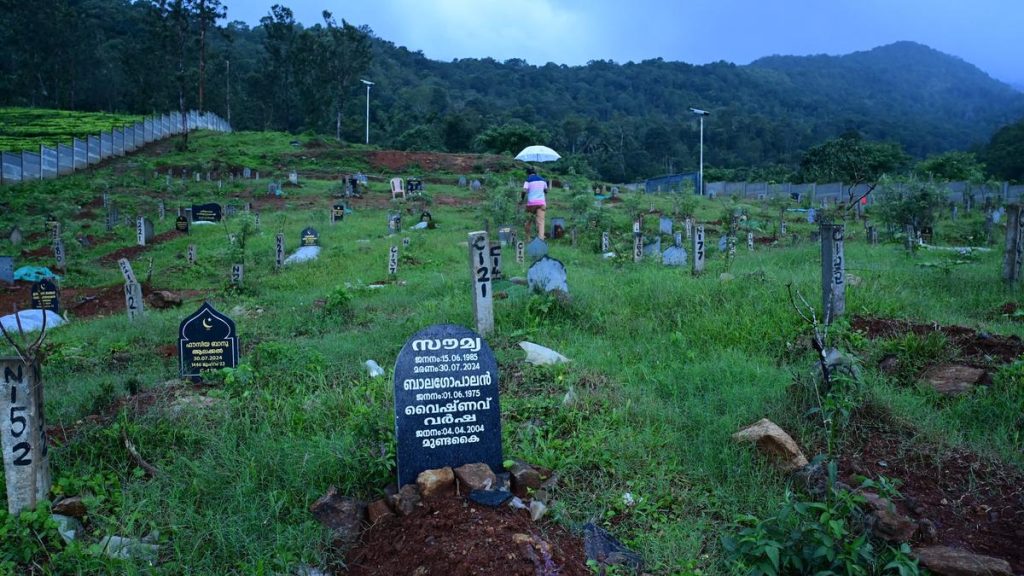Now Reading: Karnataka HC Dismisses Govt’s Delayed Appeal in Scheduled Caste Insult Case
-
01
Karnataka HC Dismisses Govt’s Delayed Appeal in Scheduled Caste Insult Case
Karnataka HC Dismisses Govt’s Delayed Appeal in Scheduled Caste Insult Case
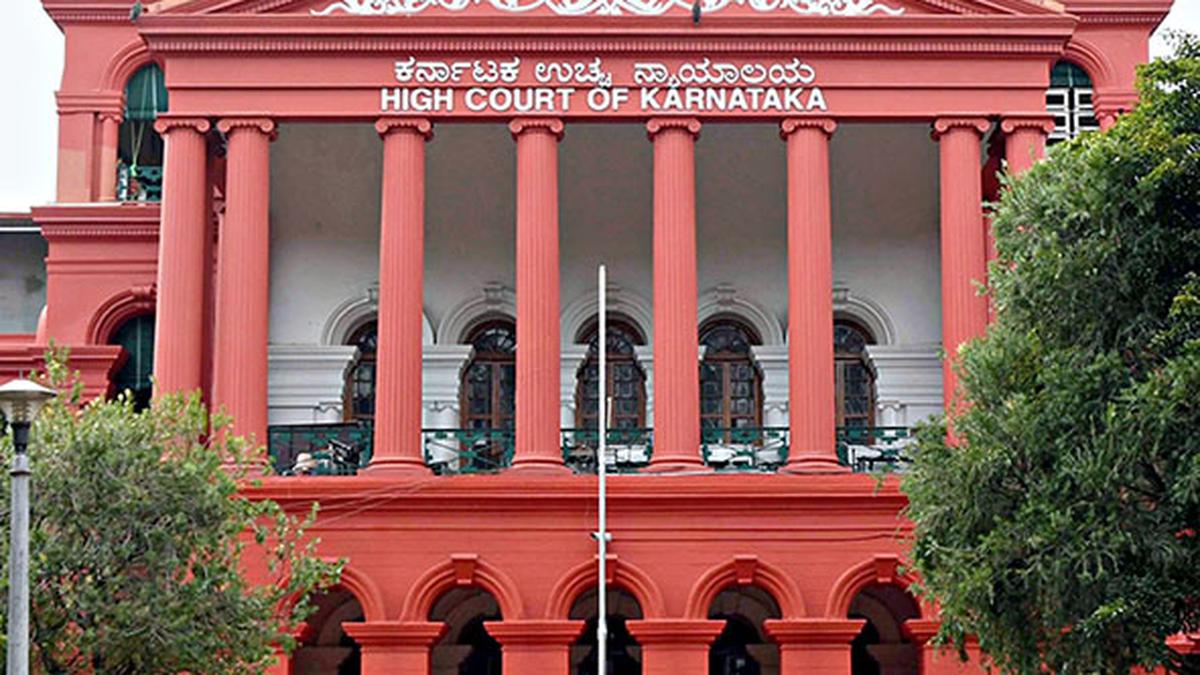
Speedy Summary:
- The Karnataka High Court has refused to entertain an appeal filed by the State government after a delay of 381 days, exceeding the statutory limit set by the Scheduled Caste/scheduled Tribe (Prevention of Atrocities) Act, 1989.
- Under Section 14-A(2) of the Act, there is a provision allowing appeals to be filed within 90 days from trial court verdicts. The High Court can condone delays beyond this period but cannot entertain appeals after a total of 180 days.
- Justice V. Srishananda dismissed the appeal against a sessions court’s September 7, 2023 ruling that acquitted six individuals accused of insulting an SC community member in public in Yadgiri district in connection with alleged incidents from 2014.
- The State Public Prosecutor argued against rejecting appeals purely based on technical grounds, claiming it might deny substantial justice; though, the court cited explicit legislative restrictions and maintained its stance.
- The court suggested that any remedies for delays due to bona fide reasons could be addressed through amendments to existing legislation.
Indian Opinion analysis:
The Karnataka high Court’s ruling highlights strict adherence to legislative timeframes under the Scheduled Caste/Scheduled Tribe (Prevention of Atrocities) Act. By refusing appeals beyond statutory limits-even those delayed due to non-negligent or bona fide reasons-the judgment underscores how procedural law may limit judicial review opportunities despite potentially valid cases.
From a broader viewpoint, while such timelines serve as safeguards against undue delays and ensure legal expediency for atrocities cases involving vulnerable communities like SC/STs, they could also unintentionally exclude worthwhile claims if practical challenges occur within institutions responsible for executing timely filings. This case invites reflection on whether existing legal frameworks adequately address systemic inefficiencies without undermining access to justice for complainants or appellants acting in good faith.
As suggested by Justice Srishananda’s observation regarding possible legislative amendments, policymakers have an avenue available for balancing procedural certainty with adaptability where justified.


